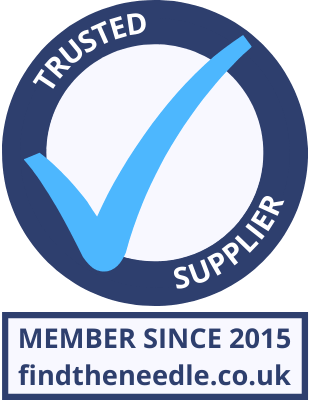 Add My Company
Add My Company
Sign In
How to choose a safe (Part 2)
05-12-2017

How big should the safe be?
Having decided on whether the safe you are purchasing needs to have a cash rating (this may be an insurance requirement - see Part 1), you then need to decide how big your safe needs to be.
It is worth starting, by thinking about what it is you wish to keep in a safe. Not an exhaustive list, but the following are common items that are worth keeping secure.
Cash, valuables, documents, laptops, camera, digital storage device, cheque books (for those that still use them), passports (to protect your id), car keys (when you're away on holiday) etc.
Once you have all the items together, decide how easy you need to be able to access them. A small safe may mean that items are crammed in together and that you have to take most of the contents out to get at individual pieces. Keeping jewellery in boxes or jewellery case will take up more space. Are you willing to fold any A4 sized documents, or do these need to remain flat? Will dividing the space up by use of shelves, be helpful.
As we get older, we tend to gather more possessions, so allow a little room for growth.
What rules apply to commercial clients?
The same rules apply to commercial clients, whether holding cash, valuables, documents or other items. Retailers that take cash may need to hold till drawers within the safe, coin takes up considerable room. Jewellers may have items from their window displays in trays (how big are the trays?). For a safe that has a rotary drum deposit facility, the drum itself takes up internal space, which should be allowed for.
Different manufacturers make their safes in different sizes. Some may be low and wide, other may be taller and narrower. It is worth looking at a selection of safes, to see which may be most appropriate for your needs. As the grade (quality) of a safe increases, so the body and door of the safe become thicker & the safe will be heavier. This increase in quality makes a higher grade of safe more resistant to attack and hence it will get a better rating. Better quality safes will also have additional security features in the door, which means that the door can only be made down to a certain size, thereby affecting the overall size of the safe.
There is currently a growing requirement for some Private clients to have safes fitted with jewellery drawers, watch-winders, humidors etc. All of these items take up space, especially drawers, which will require runners to work smoothly.
How big a safe you need, can also be affected by where the safe is to go in the building, or how much space is available. How and where a safe is fitted can also affect the overall security and this will be discussed in the next article.
This article is in no way meant to be a definitive guide, as all aspects should be discussed with your safe provider. A safe required for insurance purposes should be approved by your insurer before proceeding.
Maurice Still, Independent Safes Ltd
For more information on How to choose a safe (Part 2) talk to Independent Safes
Enquire Now
List your company on FindTheNeedle.

